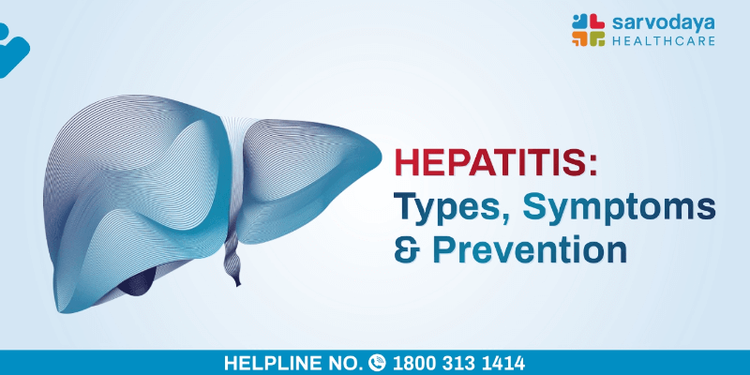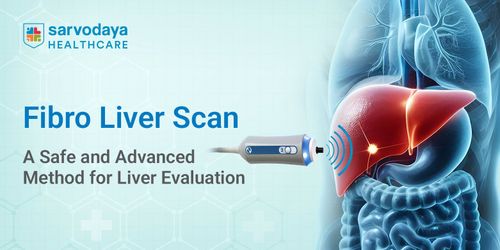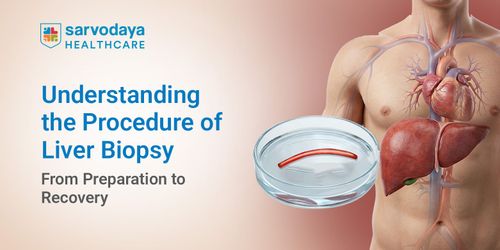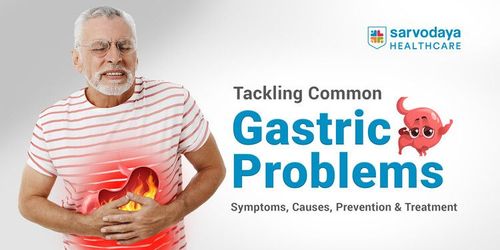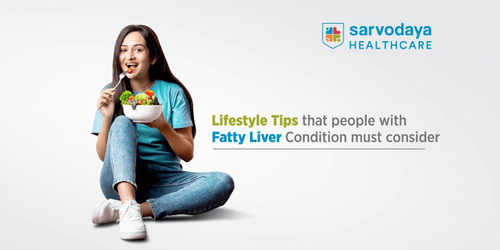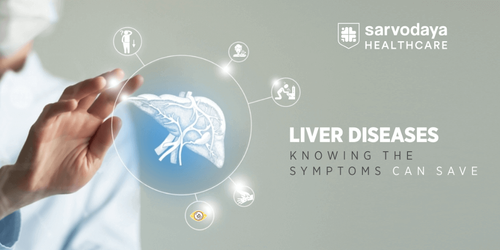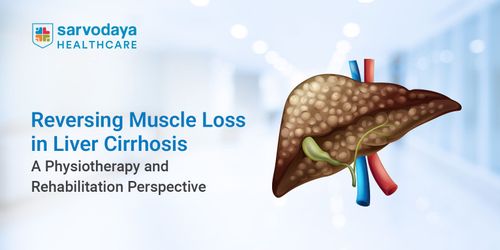What Is Hepatitis?
Hepatitis implies inflammation of the liver. The liver gets injured compromising its functions. This can be acute (duration of less than six months) or chronic (duration more than six months or presence of clinical features suggestive of chronic liver disease). Hepatitis can be caused by a virus, deposition of fat in liver, alcohol, toxins or drugs, metabolic disorders or autoimmune mechanism. Viral hepatitis is a public health problem and our focus today will be on this particular cause of hepatitis.Common Viral Hepatitis Causes?
Many viruses invole the liver and cause liver dysfunction but Viral Hepatitis usually implies infection with Hepatitis A, B, C or E. Hepatitis D infection is uncommon in India and can only occur in conjunction with hepatitis B.
- Hepatitis A and E viruses are transmitted through contaminated food and water.
- Hepatitis B and C is transmitted through infected needles, infected blood, sexual contact with an infected person or from an infected mother to her newborn during its birth.
However, in India, the predominant mode of transmission of Hepatitis B is ‘horizontal’ that means transmission of virus due to prolonged close contact with an infected person. The infected person is unaware that he or she is infected as the infection is silent. This usually heppens within a family where the child gets infected through prolonged contact with an infected person in the family like mother, father or grandparents. This is the reason most hepatitis B infection in India is contracted in childhood within the first five years of our life.
Viral hepatitis Symptoms:
Hepatitis A and E usually cause a self limiting illness and liver returns to its normal function after the infection is over. The infection begins with prodromal symptoms of hepatitis B, C, A and E like:- Mild Fever
- Nausea or Vomiting
- Loss of Appetite
- Generalized Weakness
The eyes become yellow (jaundice) and the liver gets enlarged. The infection lasts for few weeks to few months and resolves completely. A minority ( 1-2%) of people with this viral infection develop liver failure and may even succumb to it in severe cases.
Hepatitis B and C infection are ususally chronic and are silent for many years before they manifest with chronic liver disease (chronic hepatitis, cirrhosis) or liver failure (accumulation of water in abdomen, blood in vomitus, reduced urine output, deep yellow eyes or altered sensorium). Chronic liver disease is progressive without treatment and life expectancy is reduced. It may lead to liver cancer and Hepatitis B is the commonest cause of liver cancer in our country.
Since chronic hepatitis B and C are silent in early stages, the only way to know whether one is infected or not is to test for it in the blood (HBsAg and Anti-HCV blood test). Consult your doctor if you suspect hepatitis. The doctor may run certain tests like LFT, viral markers, ultrasound of the abdomen and Fibroscan.
How To Prevent Viral Hepatitis?
A good personal hygiene, consuming safe and clean drinking water, having well cooked food is essential to prevent liver infection. There are no food restrictions for good liver, everything can be taken in moderation. However if you are overweight or obese you have to maintain a diet less in fat and sugar to reduce weight. Maintaining ideal body weight is important to prevent accumulation of fat in liver which weakens it and makes it susceptible to infections. It is better to avoid alcohol, including beer and wine, to keep the liver healthy and strong. One must avoid promiscuous sexal activity with multiple partners and addictions like intravenous drug abuse.
Periodic testing for Hepatitis B and C helps to catch the infection in its early stages when it is silent. Consult your doctor for vaccination against hepatitis B and A.


